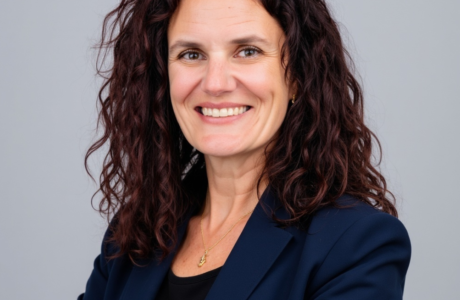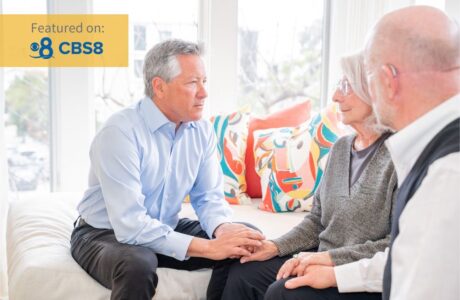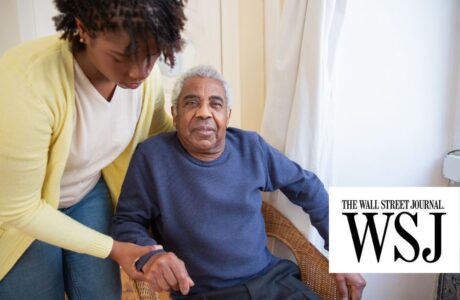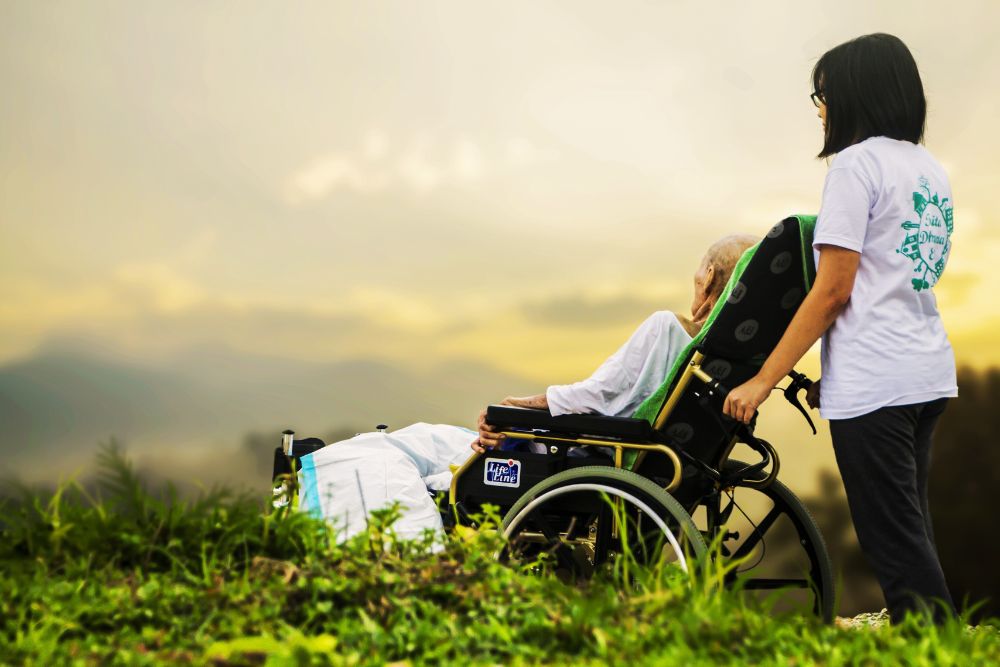
End-of-Life Care: the Open to Hope Podcast
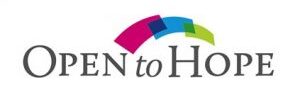
This episode of the Open to Hope Podcast features Dr. Bob Uslander, Co-Founder of Empowered Endings, as he talks with hosts Dr. Gloria Horsley and Dr. Heidi Horsley about end-of-life care. They discuss the Empowered Endings model of care, a comprehensive palliative and end-of-life care model that aims to improve the quality of life for terminally ill patients and provide continuous support to their families, even after the patient’s death.
Dr. Bob also shares his journey from emergency medicine to palliative care, highlighting the importance of quality of life and compassionate end-of-life care. The discussion explores the limitations of traditional hospice care and the comprehensive support offered by Empowered Endings, including grief counseling and medical aid in dying.
Here are some of the key takeaways from this episode:
1. Personal experiences can help to shape your journey. Dr. Bob Uslander transitioned from emergency medicine to palliative care after questioning the traditional life-saving approach at all costs. His personal experiences, including the death of a close friend and his parents, shaped his understanding and commitment to end-of-life care.
2. Although Hospice Care is an important piece of the end-of-life care puzzle, there are limitations to traditional Hospice Care. While traditional hospice care provides valuable support, it often has limitations and constraints due to insurance regulations.
3. Empowered Endings aims to fill these gaps in the traditional system by providing more personalized and comprehensive care. The organization offers a wide range of services, including in-home medical care, grief counseling, and support for patients and their families. They aim to create a village of support around patients, meeting them where they are and addressing their unique needs.
4. Medical Aid in Dying (MAiD) is a viable, compassionate, legal end of life option. In states where it is legal, Empowered Endings supports medical aid in dying, allowing terminally ill patients to choose a peaceful end. This approach often requires counseling and guidance for the patient’s loved ones to accept and support the decision.
5. Ongoing support for families and loved ones is important. Empowered Endings continues to support families after the patient’s death, helping them navigate their grief with pre-established relationships with counselors. This continuity of care ensures that families do not feel abandoned after the loss of their loved one.
The discussion also highlights how Empowered Endings also has an educational institute to train others in optimal end-of-life care and a foundation that provides financial resources for those who cannot afford necessary care, ensuring access to their services.
By focusing on quality of life, personalized care, and continuous support, Empowered Endings seeks to transform the experience of dying and bereavement for patients and their families.
Watch the full discussion here.


